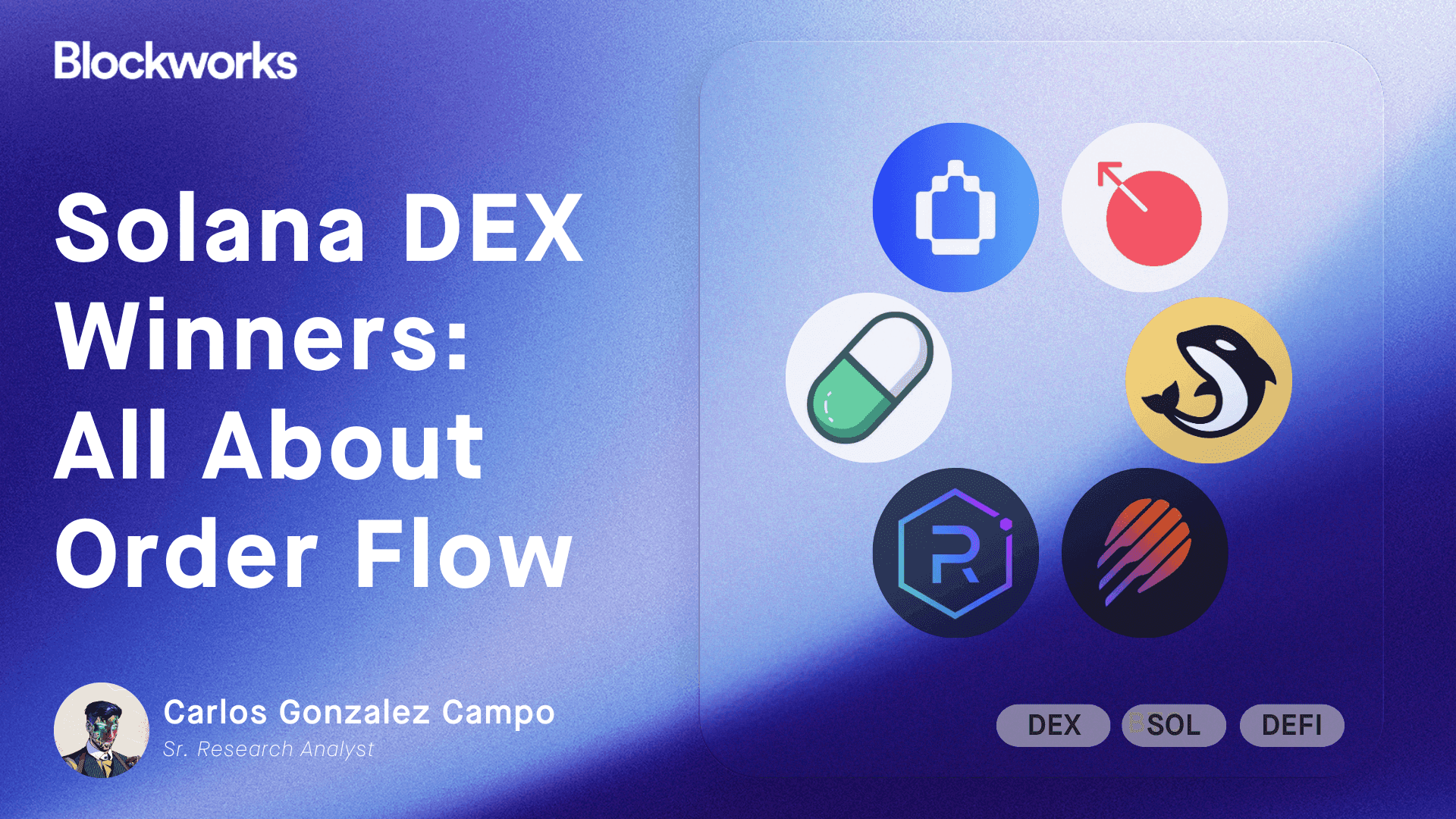Encryption startup Fhenix raises $7M for private computation
Multicoin Capital and Collider Ventures led the seed round

SkillUp/Shutterstock modified by Blockworks
Fhenix, a forthcoming layer-2 dedicated to bringing fully homomorphic encryption to smart contracts, will publicly launch its testnet early next year.
Guy Itzhaki, Fhenix’s CEO, told Blockworks in an interview the company had secured $7 million in a seed round led by Multicoin Capital and Collider Ventures. Other investors include Node Capital, Robot Ventures, Bankless, HackVC, TaneLabs and Metaplanet, among others.
Fully homomorphic encryption, or FHE, is a specialized form of encryption that enables computations to be performed on encrypted data. This means multiple users can perform operations, interact with contracts, or collaborate on data while preserving privacy and preventing exposing sensitive information.
Itzhaki notes that unlike other encryption technologies, including trusted execution environments, users do not have to decrypt the data to perform computation.
Unlike zero-knowledge technology, where the data is moved off-chain and a prover can see the decrypted message, FHE computation can be achieved while the information is still encrypted. The output of computations will also be encrypted.
“Zero-knowledge is a great technology that has been adopted for scaling […] but there are limited user cases,” Itzhaki said. “With FHE, it’s really the first time that we can have data on-chain, encrypted, and being used as if it’s non-encrypted for the sake of confidentiality.”
FHE has the ability to unlock a number of potential use cases. Itzhaki pointed to DAO voting tools, trustless games, and account abstraction as examples.
“We make account abstraction really easy because you can put private keys on a smart contract encrypted using FHE, then use it to sign transactions all over the place,” Itzhaki said.
Fhenix will leverage fhEVM, an extension of the Ethereum virtual machine (EVM), according to Itzhaki.
“[Developers] don’t need to learn any new language, they can use Solidity and the same developer tools they are used to, there is an additional library that they have to decide what it is they actually want to encrypt,” Itzhaki explains.
An earlier developer testnet launched in July was a proof-of-stake, layer-1 blockchain, but Itzhaki notes that the official testnet launch will be as an Ethereum layer-2.
“The long-term goal is to be perceived as some kind of extension to Ethereum,” Itzhaki said. “Whether you’re building your [layer-1] or your [layer-2], if you need to introduce encryption, you’ll be able to, using Fhenix.”
Get the news in your inbox. Explore Blockworks newsletters:
- The Breakdown: Decoding crypto and the markets. Daily.
- 0xResearch: Alpha in your inbox. Think like an analyst.






